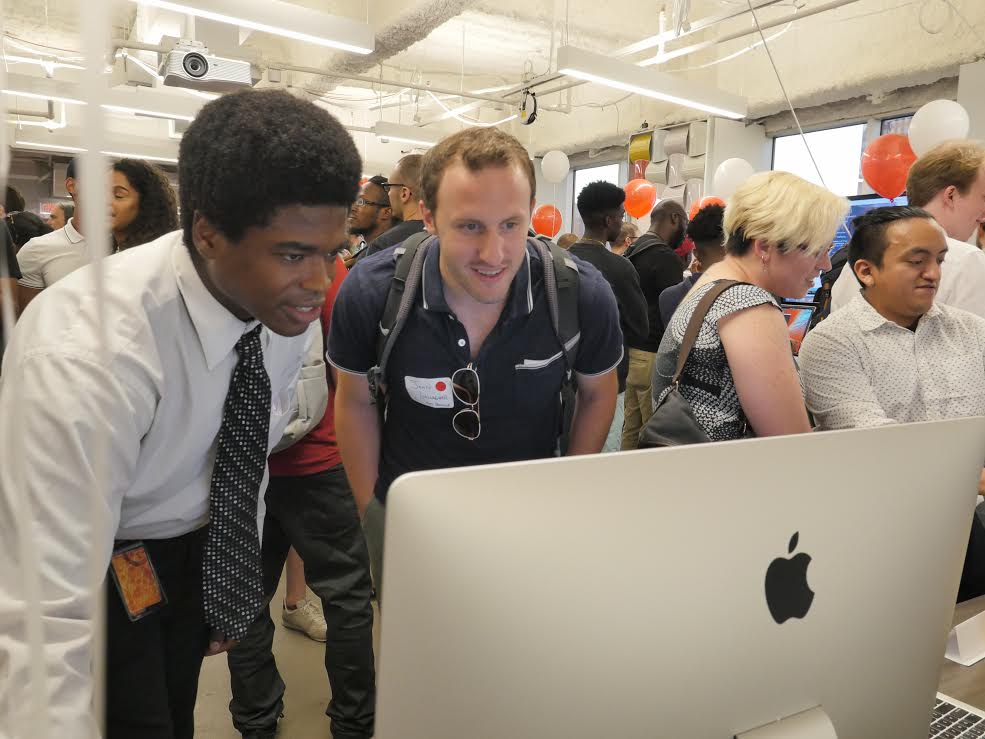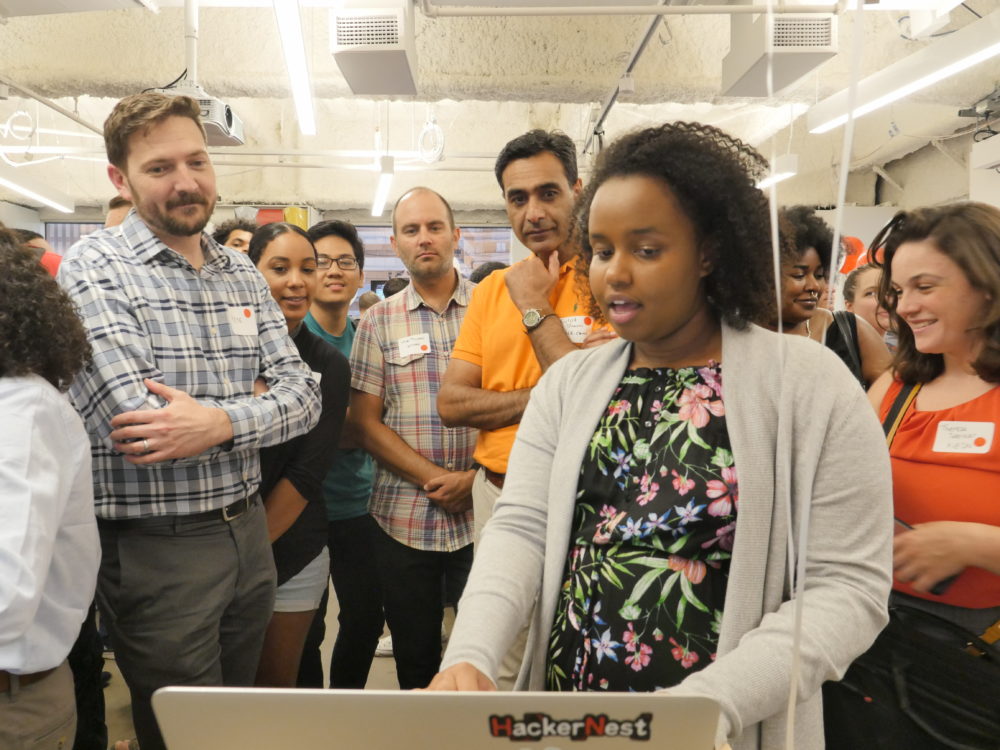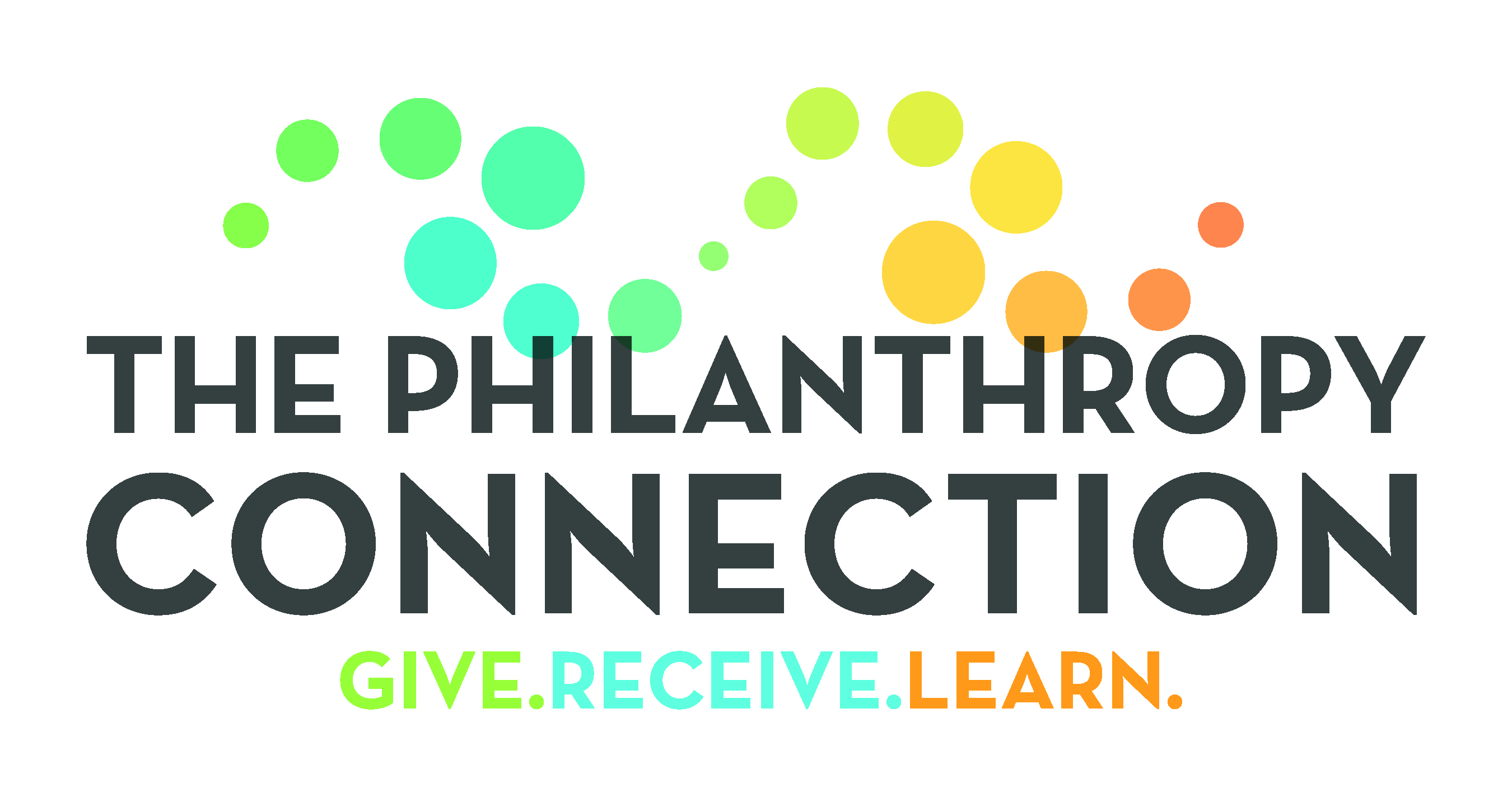The Interview with Rouguiatou Diallo
TPC liaisons Bryanne Mahoney Bowen and Louisa Jacquinto sat down with Chief of Staff Rouguiatou Diallo to catch up with Resilient Coders as it enters its second year of funding from TPC. Resilient Coders is an intensive, immersive, all-day non-profit coding bootcamp that trains people from traditionally underserved communities, providing them with the technical skills they need to be competitive and successful in today’s workforce. Now operating with a team of five, Resilient Coders is celebrating its four-year anniversary. (See our January 2018 interview with Founder David Delmar for further information about this grantee.)
How do you continue to engage with your mission of economic justice?
In Boston, economic justice is deeply tied to racial justice. We would pivot our program to accomplish our mission, even it if meant turning away from coding, to keep economic justice at the center.
We’re continually looking for ways to improve the bootcamp. For example, we’ve noticed that those with a design background tend to do well in their placements. So, we’re incorporating some design classes to increase the chances of leads in the job market.
What other organizations are operating in the same space as Resilient Coders?
We like to answer this question by talking about it in terms of ladders. Some organizations build fat, short ladders – they train for occupations that don’t require extensive certifications and can train a lot of people at one time. These are good jobs, but they have income ceilings. Resilient Coders builds very long, very thin ladders. We don’t train large cohorts, but the individuals who excel in our program tend to go far. Our most recent class is just starting to get placed. The first few are starting at salaries above $70,000, and we just had our first graduate placed at a $100,000 starting salary.
We call other trainers collaborators, not competitors, because we need all kinds of ladders in different spaces. Other organizations similar to ours tend to be for-profit bootcamps and colleges. Our students often compete with people who have college degrees…those who studied computer science or those who haven’t but have gone to a bootcamp. Bootcamps require tuition and our students usually can’t afford to not work for three months, which is the typical time commitment. So, we’re competing on placement rates for jobs with applicants that have these other credentials.
 How do your students learn about your program?
How do your students learn about your program?
A small number of students see our ads. The two larger sources are referrals from community organizations or alumni. Organizations like the Boston Police Department, ROCA, and More Than Words, for example, may recommend a student do our bootcamp as a continuation of support for an individual. And now that we have more graduates, we’re starting to see more referrals from them. They tell others from their community how it has helped them, and then we have more representation from that community.
How are participants selected?
We don’t test. Instead, we have applicants come in for a whole day and we explain the program to them. We challenge them to solve a problem with technology. We have them think about the issues in their communities and then choose a few topics – financial literacy, mental health, housing, to name a few that often come up – and ask them to build a product to help solve that challenge. After a quick overview of HTML and CSS, groups of four to five start building a technological solution.
Importantly, we talk to them individually throughout the day. We look for a few things, such as an interest in technology, skills at working as a team, and persistence. Our acceptance rate is about 33% and we have a small waitlist, usually for students that we think could be promising but may need to deal with other situations before enrolling, such as obtaining their GED.
Tell us about the standards that your graduates are held to.
In terms of competition, we believe our bootcamp is more rigorous than similar training programs. We have designed it to be more difficult so that our graduates are equipped to deal with the challenges that come while trying to gain employment. Because our students come from a different culture and have varied backgrounds, they often don’t fit the “profile” of a typical hire. Employers favor those with college degrees, a requirement that acts like a sort of insurance: a credential of the same culture. One reflection of this is that when our students interview, they’re often asked to exhibit additional knowledge beyond the job description. Knowing this, we keep track of the programs that employers we work with have requested and incorporate them into our bootcamp. When graduates interview, they have the skills required because they’ve learned them via their bootcamp training.
Do you track the retention rate of the students placed?
We do. We have a retention rate of about 80%. Our students are often from the Boston area, and choose to stay here, as opposed to graduates of other programs who are often more mobile. We have found that when you take a chance and invest in someone, he or she will work 10 times harder and be a committed team member.
 Does Resilient Coders hope to grow?
Does Resilient Coders hope to grow?
It depends on market demand for developers. Right now, we usually graduate around 45 students and find placements for all of them. We won’t graduate more than we can place in jobs. We’ve also thought about expanding into other cities. At our core, we’re solving for racial and economic inequality, not just jobs or coding. As such, we’ve thought about cities that have a tech industry but are also dealing with a lot of racial and economic inequality.
For now, though, we’re still trying to build a coalition in Boston – there’s still much to be done here.
Tell us about your second year of TPC funding. What is the impact of the funding this year? What are some of the focus areas for the 2018-2019 cycle?
Your funding is being applied to the continuing development of our employer strategy, and links to a few ideas:
- Employer engagement. How can we encourage employers to meet and work with our students? We want to engage tech leaders and learn about their perspectives through discussions and events, like our Demo Days.
- Post-placement support. When our graduates are placed, we create a 120-day plan for them at their place of employment. We talk with their employers about expectations and check in with them regularly to discuss their progress. Onboarding junior talent can be a challenge. We start the conversation and then encourage employers to communicate well during the onboarding process and beyond.
How can our members be helpful to Resilient Coders?
There are a few ways:
- Help us obtain knowledge from members who work across different positions at a variety of companies. We’re a small team but would like to understand how the hiring process works across different and larger companies, especially when hiring software engineers. What are the requirements and traits hiring managers are looking for?
- Join us in creating a cultural change in the workforce toward diversity and fair hiring practices. How can we help others examine and change hiring practices that may be exclusionary? We want others to understand the value that our graduates could bring to their company.
Introduce us! We love to introduce our students to HR representatives, Chief Technology Officers, and other senior leadership.

